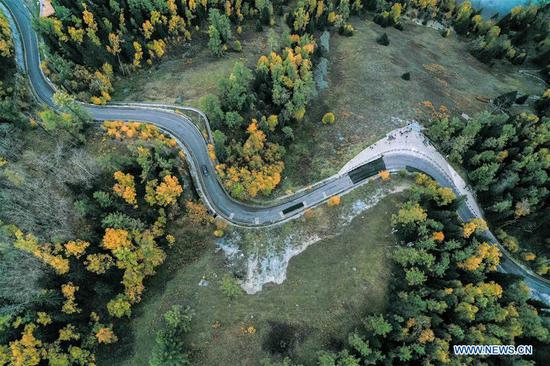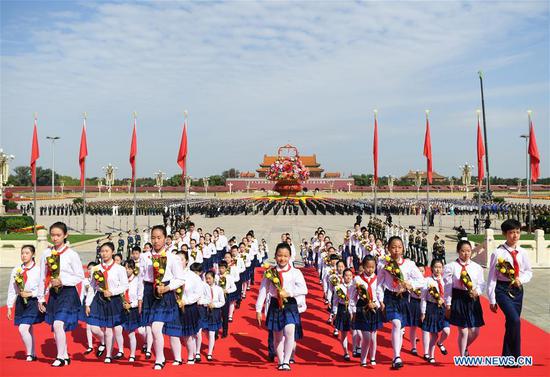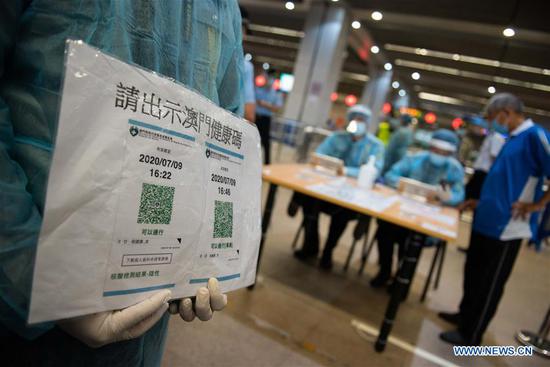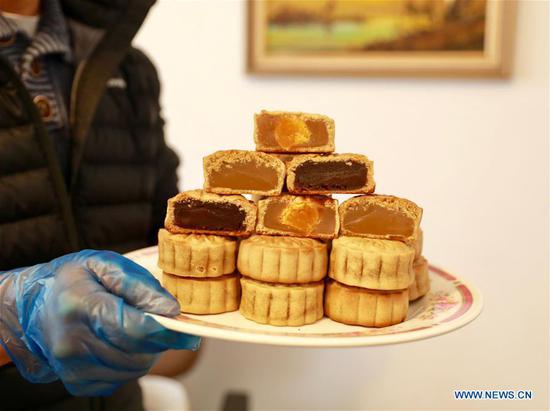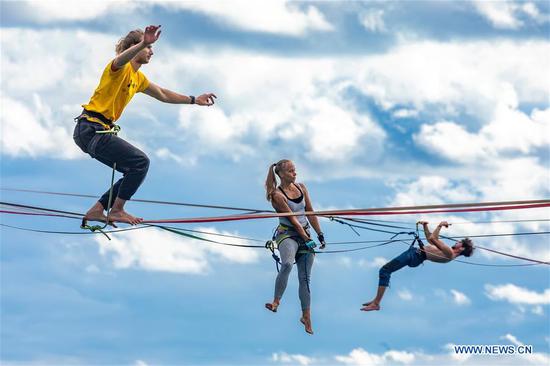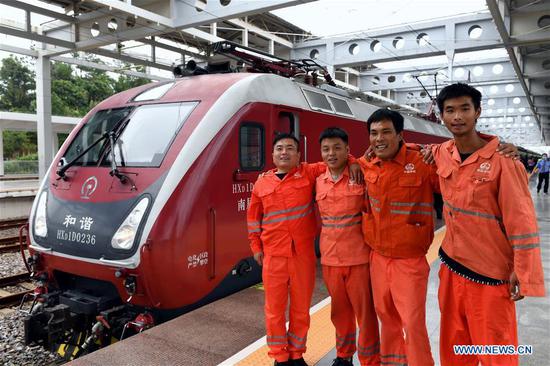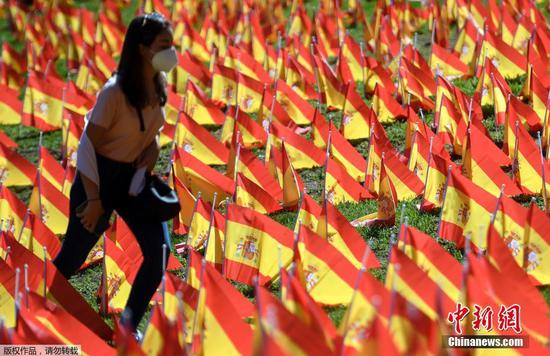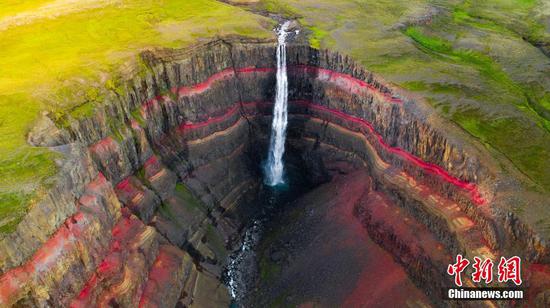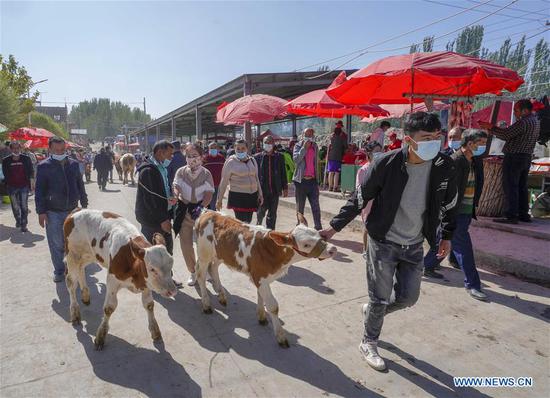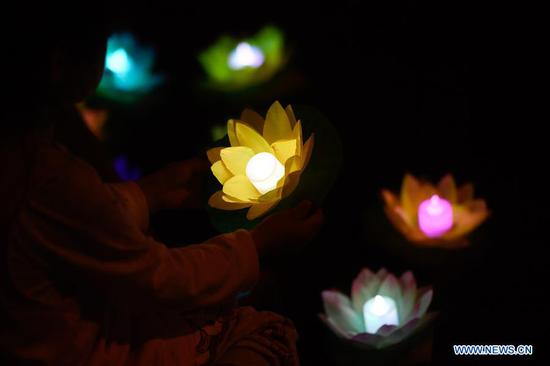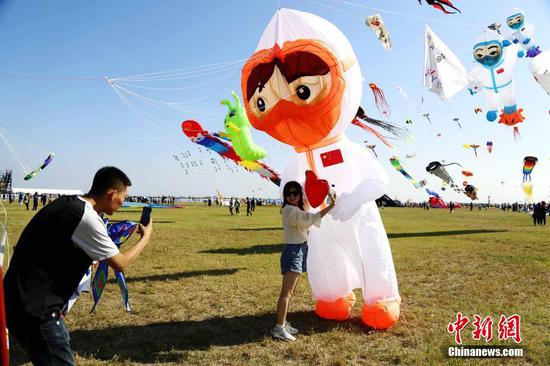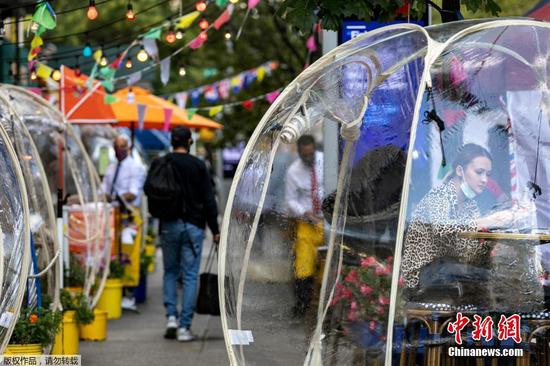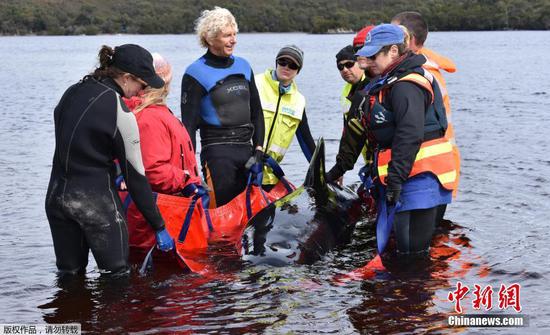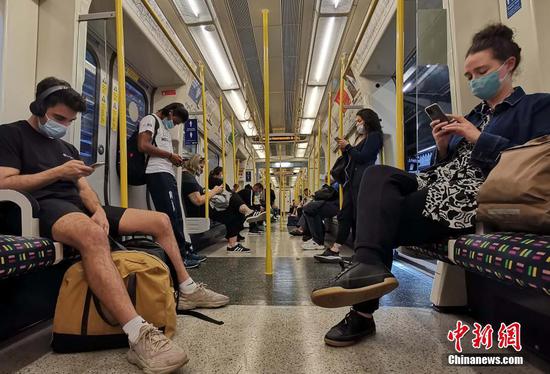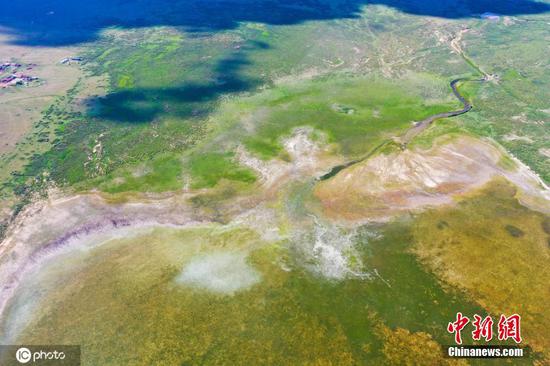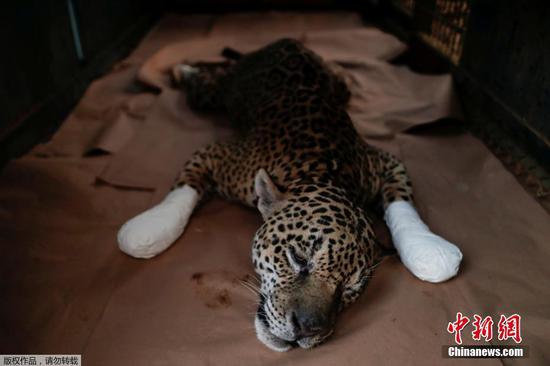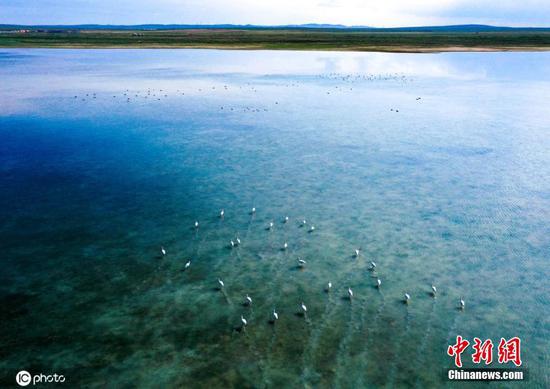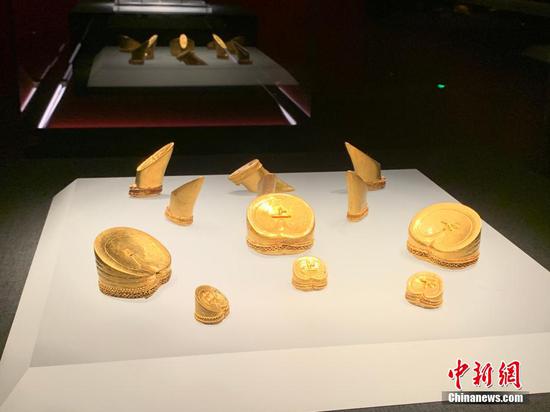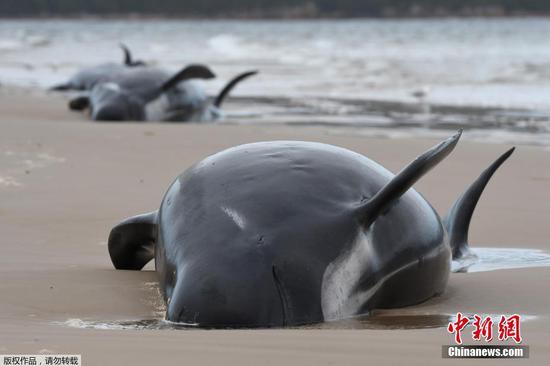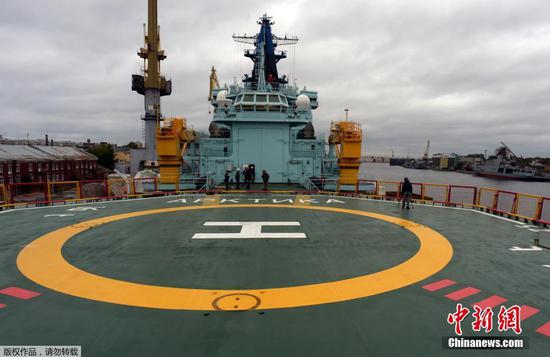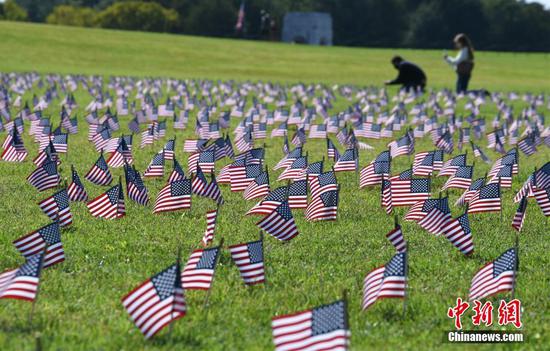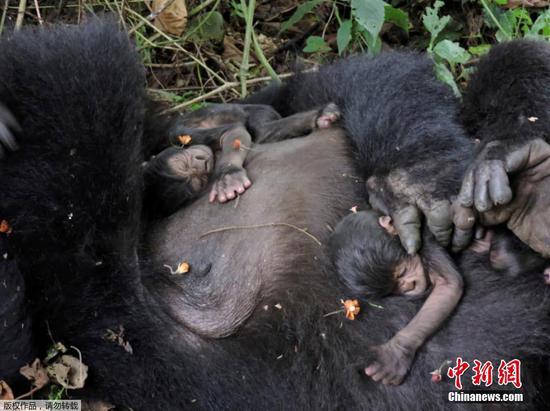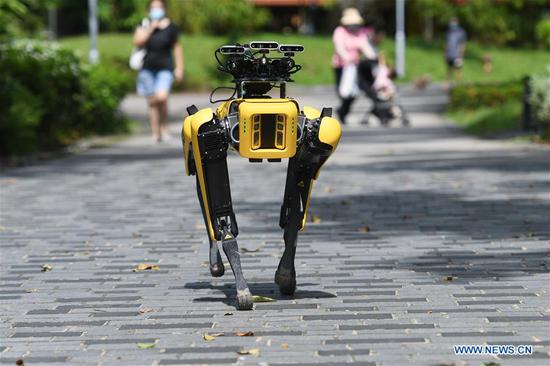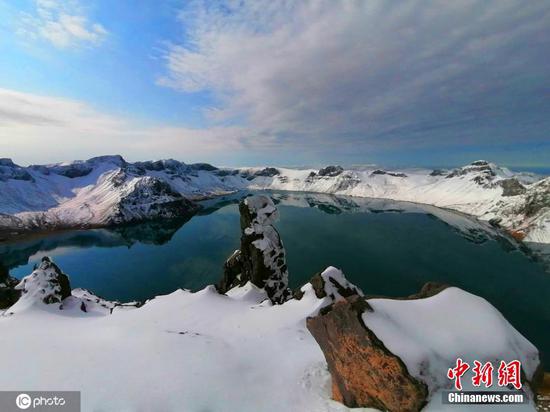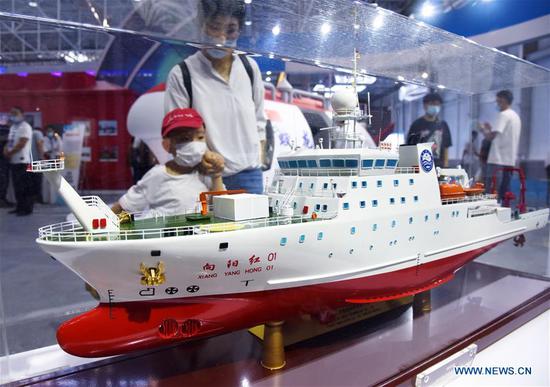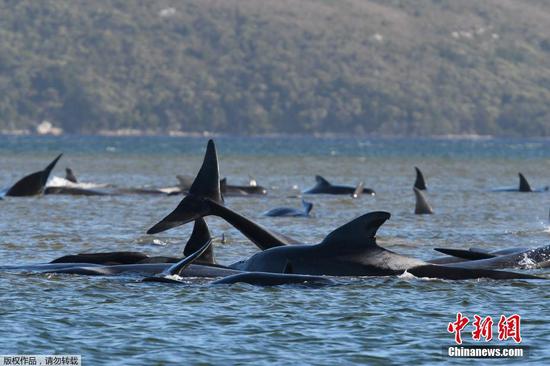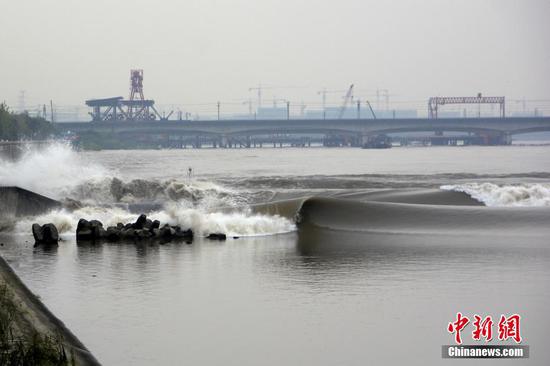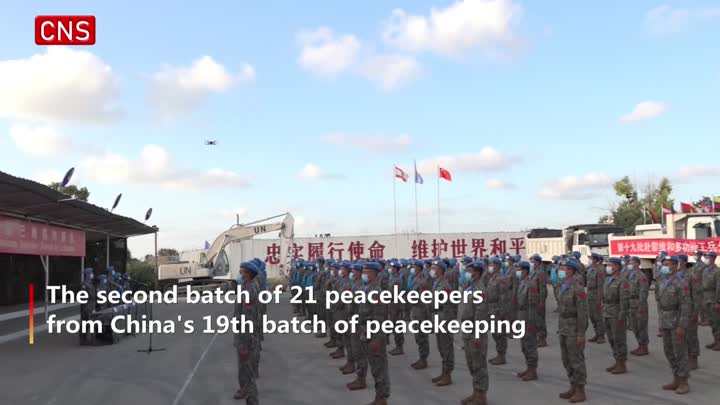Japan and South Korea may begin resuming business trips between the two countries as early as this week as both countries look to reciprocally ease COVID-19 induced travel restrictions, government sources here said Monday.
Japanese Prime Minister Yoshihide Suga and South Korean President Moon Jae-in during their first talks held on Sept. 24 agreed to expedited negotiations on speeding up an agreement to resuming business trips between the two countries.
The planned move between Tokyo and Seoul comes as Japan on Oct. 1 eased entry restrictions into the country from foreigners around the world put in place to combat the spread of the novel coronavirus, although entry is still being refused for tourists.
Those such as foreign medical professionals, teachers and others who are qualified for medium or long-term stays for three months or longer will be allowed entry, the government decided, with those traveling for business purposes for less than three months also being eligible.
Eligible travelers will have to test negative for COVID-19 before entering Japan and upon arrival in Japan, their sponsors, such as companies or organizations which support them, will be expected to ensure their self-isolation for 14 days, during which time they will not be allowed to use public transport.
The government had said it would consider permitting 1,000 foreigners into the country per day, mainly to accommodate those who intend to stay for three months or longer, while looking to the increase the cap in the months ahead.
Suga said at a meeting of the government's task force on the coronavirus response that, "To revitalize the economy, it is indispensable to resume international travel."
Foreigners with resident status here who had been overseas have recently been allowed to re-enter the county, while expatriates and other long-term residents from some Asian countries have also been granted access into the country.
These include those from Vietnam, Thailand and seven other economies with which reciprocal agreements have been made.
The government has, more recently, made similar reciprocal agreements with Singapore and Brunei.
Japan's top two carriers, meanwhile, have and will also resume some routes between Japan and China's mainland following eased restrictions by Chinese authorities.
Around 5.58 million South Koreans visited Japan in 2019, the second largest following around 9.59 million from China, according to the Japan National Tourism Organization.









